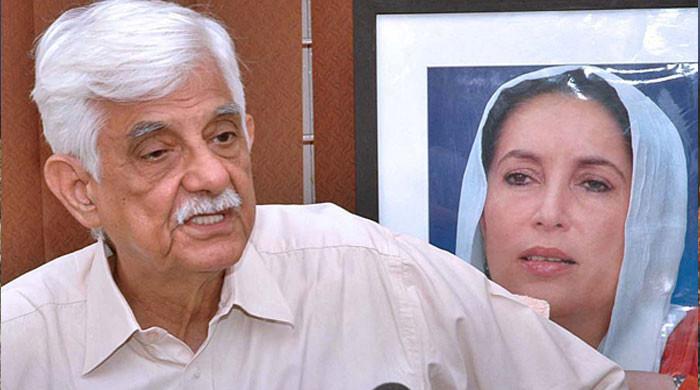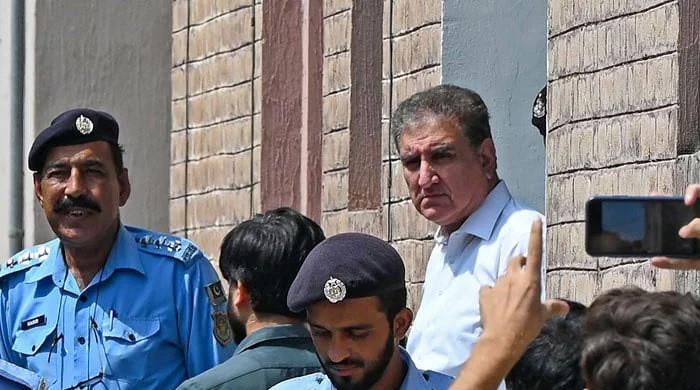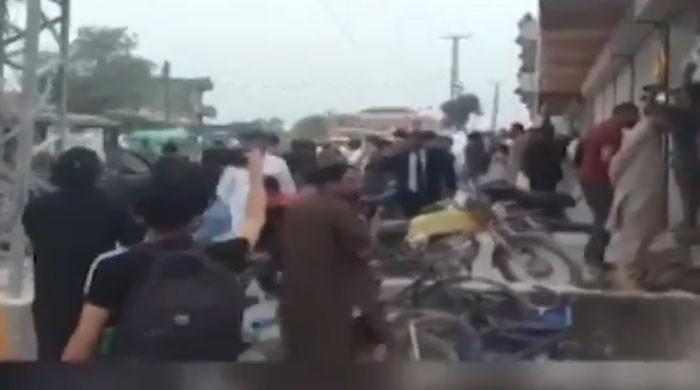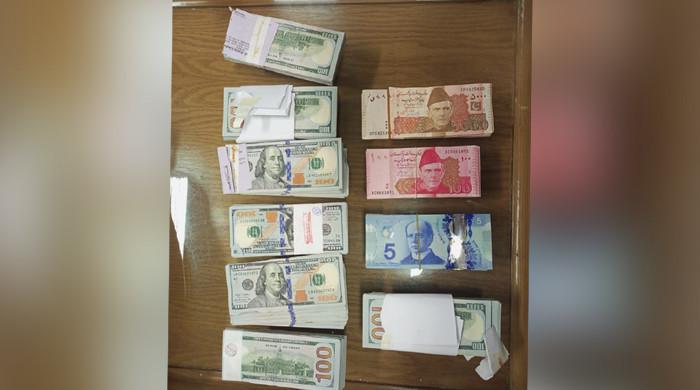ECP suggests changes in Election Act 2017
CEC Sikandar Sultan Raja writes letters to NA speaker and Senate chairman; seeks power to fix election date
April 10, 2023
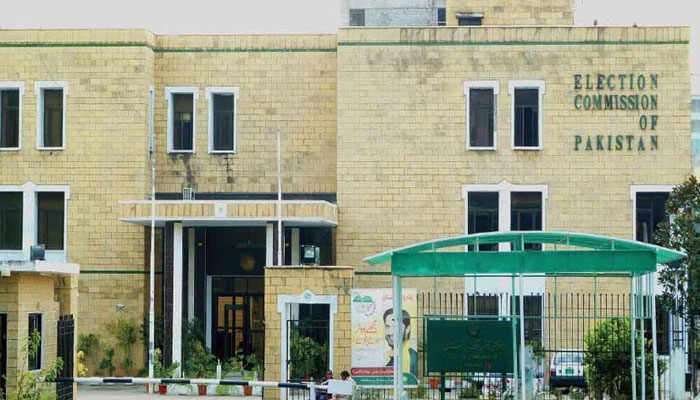
ISLAMABAD: The Election Commission of Pakistan (ECP) on Monday asked the Parliament to pass legislation empowering it to announce a date for the general elections.
The demand was put forward by Chief Election Commissioner (CEC) Sikandar Sultan Raja in separate letters he sent to National Assembly Speaker Raja Pervez Ashraf and Senate Chairman Sadiq Sanjrani.
In his letters, the CEC wrote that the conduct of elections is dependent upon the necessary arrangements to be made by the commission to ensure that the standards of honesty, justness, fairness provided in Article 218(2) are met.
“The Commission, under the Constitution, is the sole arbiter to decide as to whether conducive circumstances exist to conduct the elections or not. This mandate is not subordinate to any authority,” the letters read.
He has suggested amendments in Sections 57(1) and 58 of the Election Act (2017) and has requested for these amendments to be presented in the parliament.
In view of the facts and reasons stated in the letter, the ECP has asked both the NA speaker and Senate chairman to be placed before the Parliament for adoption with the following amendments:
i. “Section 57(1) The Commission shall announce the date or dates of the General Elections by notification in the official gazette and shall call upon the constituencies to elect their representatives."
ii. “Section 58 Notwithstanding anything contained in Section 57, the Commission may, at any time after the issuance of notification under sub-section (1) of that section, make such alterations in the Elections Programme announced in that notification for the different stages of the election or may issue a fresh Election Programme with fresh poll date(s) as may, in its opinion to be recorded in writing, be necessary for the purposes of this Act.”
It added that the judgments of March 1 and April 5 have divested the ECP of its constitutional powers to determine as to whether conducive environment in facts and circumstances, exists for the conduct of polls in a given time, to meet the standards mentioned in Article 218(3).
The CEC mentioned that the electoral body has consistently strived to uphold the writ of law, fair play and merit in letter and spirit. However, he added that the commission’s writ has been systematically challenged on several occasions. “In practice, ECP’s authority has been eroded,” the letters stated.
CEC Raja, in his letters, wrote about the ECP’s crucial disciplinary interventions in the past which were stayed and set aside, which gave wayward functionaries the message of hiding behind legal orders despite committing “serious level irregularities in discharge of their official functions”. He added that the ECP’s writ was severely compromised at the time.
“Now the Punjab elections are round the corner and civil servants have been appointed District Returning Officers (DROs), Returning Officers (ROs) and Assistant Returning Officer (AROs). In the circumstance why would they look up to ECP?” the letters read.
The letter also touched upon the issue of contempt with regard to the CEC and the members of the commission.
“The CEC and the Commission were subjected to life threats and their family members were publically harassed. When this reached a point of no return the Commission was forced to start contempt proceedings against the contemnors and notices were issued. Yet again stays were granted even on issuance of show cause notices, although there were no final orders against which the Stay could be issued,” the CEC mentioned.
It further stated that the contemnors did not “bother to attend the proceedings and mentioned other such incidents of judicial overbearing, which it wrote had diluted the writ of ECP.
The CEC asked that in the given environment, can the ECP perform its bedrock duty to conduct free, fair and transparent elections. He also questioned whether administrative functionaries, political representatives and other institutions take the Commission seriously and give its directions due weightage.
“And finally, can in such conditions through the administrative functionaries and other institutions, is it possible to hold the elections in Punjab and KP followed by the main elections in an effective and transparent manner?” the letters stated.
The CEC wrote that the role of the president to appoint a date for poll in the case of dissolution of the National Assembly on the advice of the prime minister or the dissolution of the lower house on expiry of the term, is not supported by any constitutional provision.
It further mentioned that the role of the President to announce poll date is against the spirit of the Constitution and ultra vires of proviso of Article 222 as it has abridged and taken away the powers of the Commission mandated under Article 218(3) and 219 of the Constitution.
“It is felt that supplanting/instituting these amendments have resulted in dilution of the Authority of the Constitutional mandate vested in ECP on account of the Article 218 (3),” the letters mentioned.




